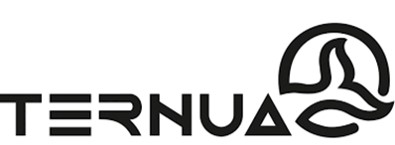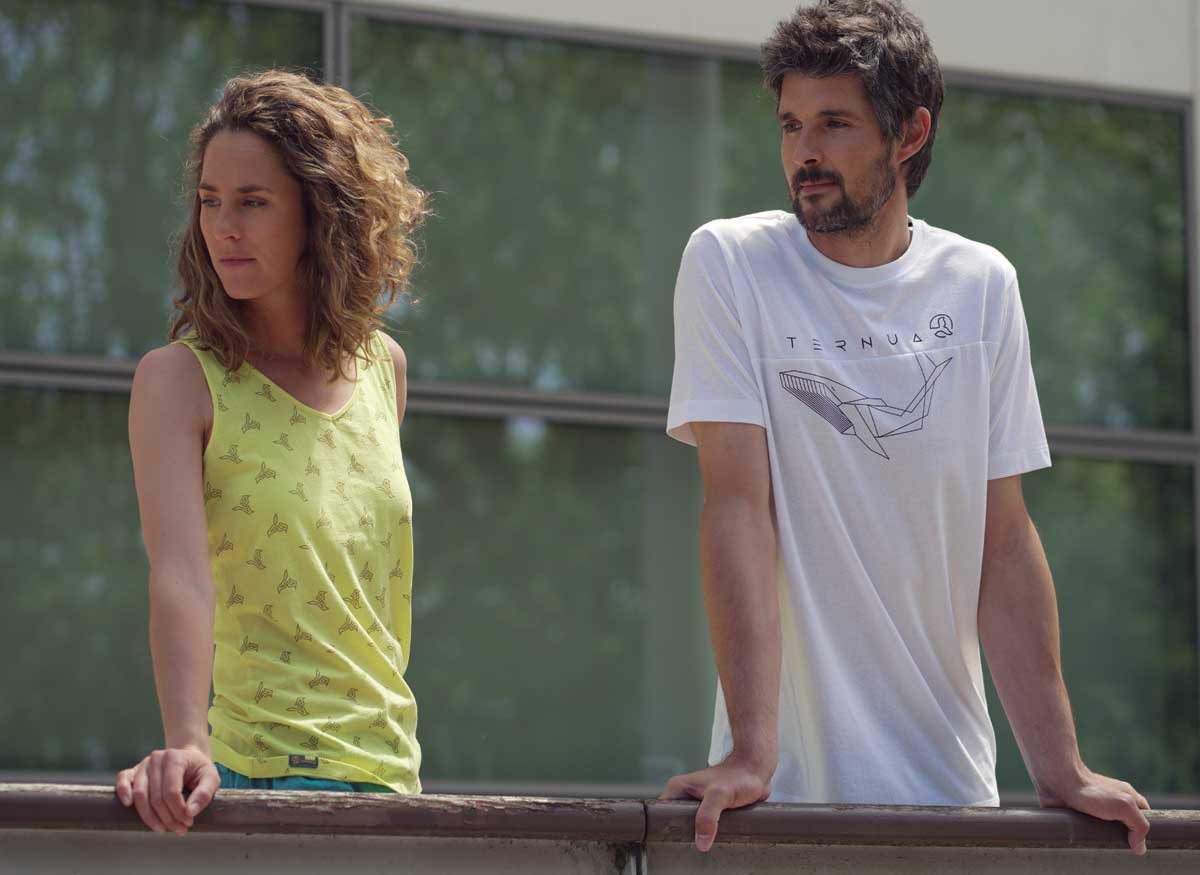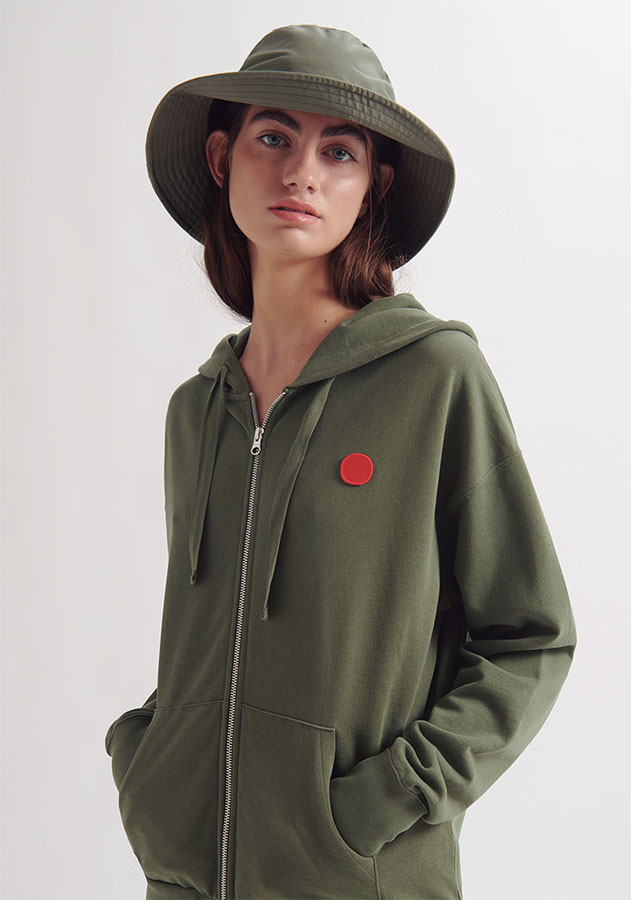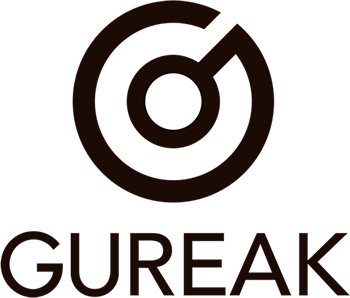WEARCYCLE
FROM TEXTILE TO TEXTILE
THE BASQUE COUNTRY GENERATES A CONTINUOUS VOLUME OF WASTE COTTON IN THE REGION of 36 tonnes per year. This represents a source of resources for virgin yarn production, which can be a stable outlet. Thus, the use of post-consumer recycled (PCR) fibres can be a viable alternative to create high value-added fashion garments. In this context, WEARCYCLE aims to demonstrate as an ultimate goal, the competitive improvement of creating a circular economy market that involves the entire value chain of the textile industry.
TERNUA GROUP is an international company dedicated to design, develop and marketing of textiles, sports equipment and fashion under the Astore, Ternua, Lorpen, Loreak Mendian and Ternua workwear brands, with a strong commitment to sustainability.
TERNUA GROUP (Ternua and Loreak Mendian), is leading WEARCYCLE, with the participation of GUREAK, a leading European organisation for social and labour inclusion.

DRIVING FACTOR


 OBJECTIVES
OBJECTIVES
- Demonstrate the commercial viability of reusing PCR cotton waste, generating a circular economy cycle in the textile production sector based on eco-design and supra-recycling.
- Create a stable value chain that allows a shift from a linear model to a circular one in the textile industry.
- Design a capsule collection of eco-designed garments and/or accessories through upcycling and to be launched on the marketed in spring-summer 2022.
- Recycle 2 tonnes of PCR cotton from sheets from the Ikuztegia laundries (GUREAK Group) that currently end up in landfill.
- Achieve that 40% of the fibre materials used are from PCR cotton and that this does not increase prices by more than 5% over current manufacturing processes.
- Reduce GHG emissions by 228 tonnes per year within 3 years.
 RESULTS
RESULTS
- Recycling of 2 tonnes of PCR cotton that has not ended up in landfill.
- 17 eco-designed garments: 11 models under the Loreak Mendian brand and 6 models for the Ternua brand.
- Development of a sustainable fibre, with 50% of materials from recycled cotton: 15% PCR cotton from bed sheets; and 35% post-industrial recycled cotton, mainly from remnants. The other 50% is organic cotton.
- The image of sustainable philosophy that Ternua has already established on the market has been extended to other brands in the Group. The collection has also been very well received by retailers, as it responds to the needs of today’s consumers.
 CONCLUSIONS
CONCLUSIONS
- The creation of sustainable, high value-added garments from post-consumer cotton is possible.
- Positive market response indicates there is a growing interest in consumers for sustainable fashion, which is beginning to be recognised as an effective way to minimise the impact of one of the most polluting industries on the planet.
- On a technical level, waste used has very deteriorated fibres, which makes it inefficient for recycling. However, alternative industrial uses for this material can be investigated to prevent it from ending up in landfill. The ultimate goal is to work with the community to solve problems in the immediate environment in a sustainable way, thus setting a good example and inspiring others.
ENVIRONMENTAL
TECHNICAL
ECONOMIC
COMMERCIAL
ON THE MARKET

